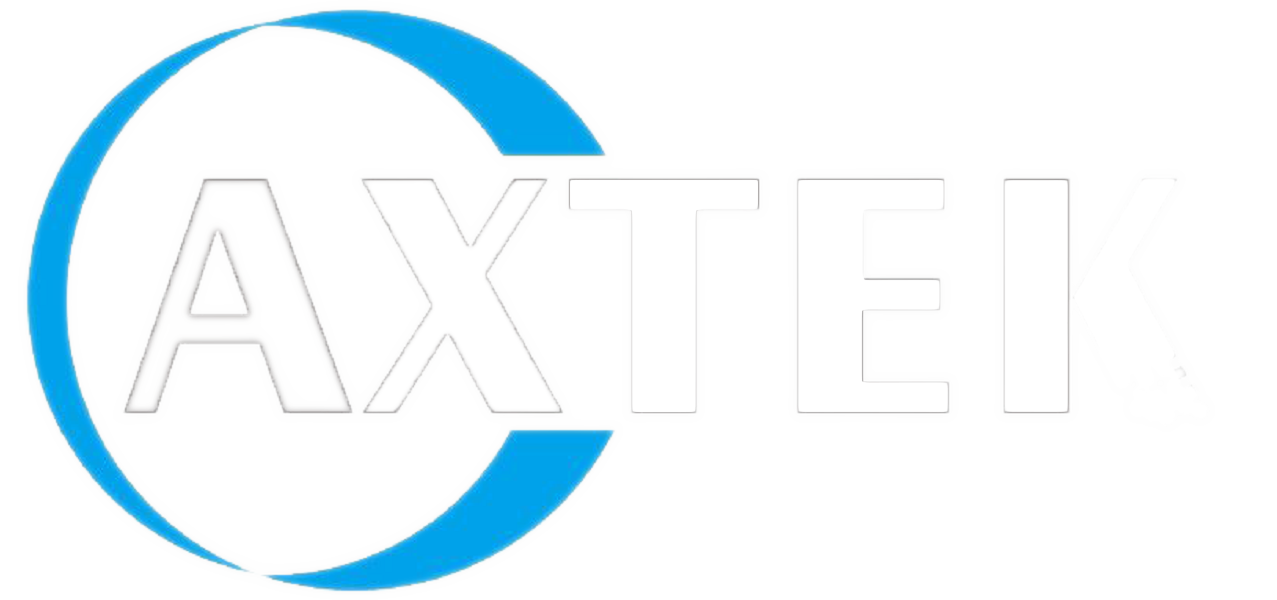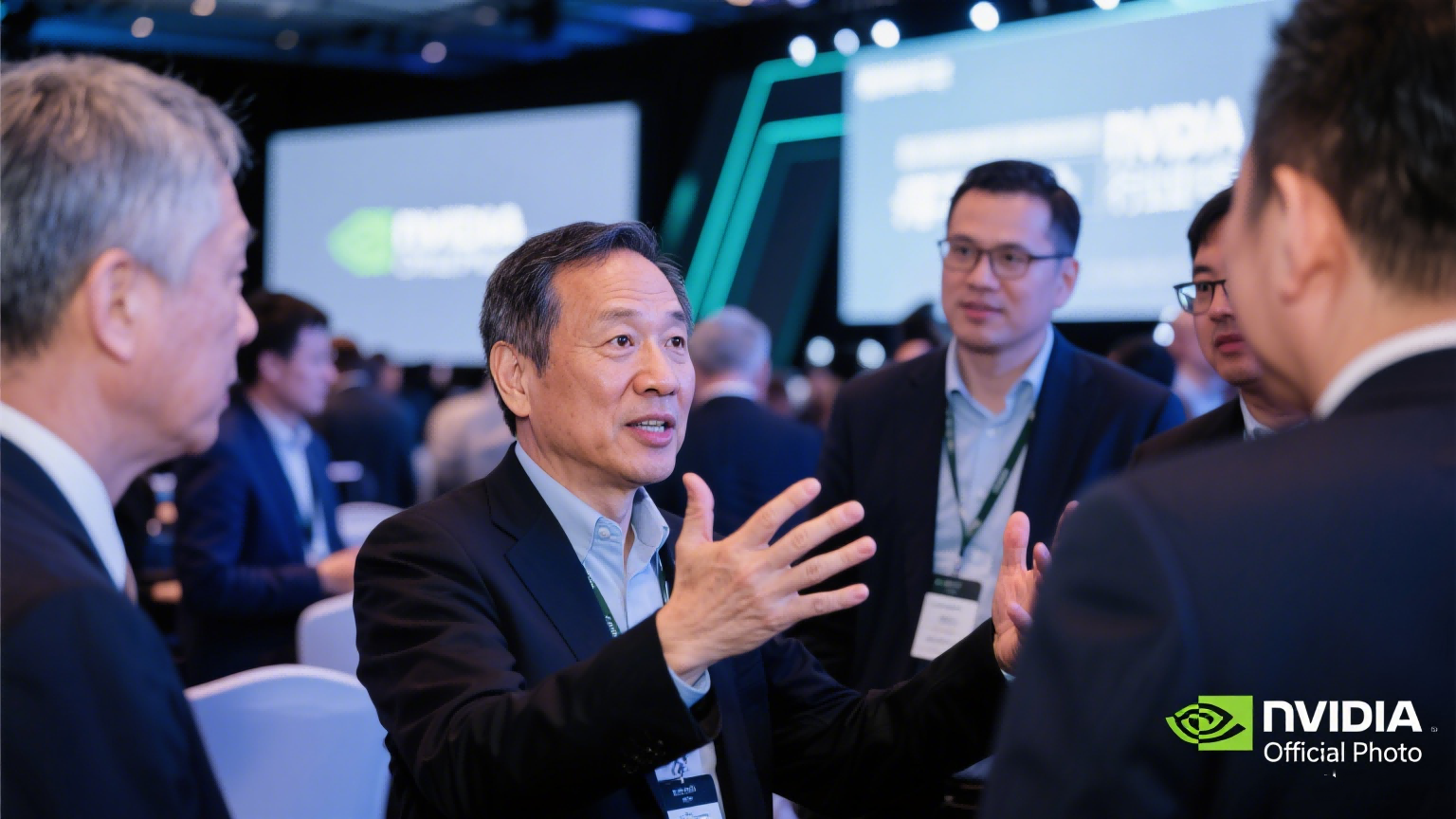- Home
-
Products
-
AXTEK Series
-
NYQUEST
-
CMSEMICON
-
ST MICROELECTRONICS
-
Featured Manufacturers
-
Puya MCUs
Flash IC Chip EEPROM IC CHIP MCU Microprocessor Analog Analogue Chips
-
ICMAN Touch Chips
-
ZXInfoTek
-
Holtek MCUs
32-bit(Flash)MCU 8-bit(Flash)MCU TinyPower TM Voltage Detector LDO & Detector RAM Mapping LCD Controller & Driver High Noise Immunity LCD Controller & Driver DC to DC Converter
-
MORNSUN
ACDC -On-board Converter Module DC/DC -Fixed Input Converter Signal lsolation -Transceiver Module Signal lsolation -lsolation Amplifier Driver-LED/GBT Driver(SiC/GaN) Auxiliary Module -Auxiliary Device Electrical Component -Transformer
-
- Solutions
- Support
- News
- About Us
- Hot Applications


 MCU Solutions
MCU Solutions PCBA Solutions
PCBA Solutions Bluetooth Solutions
Bluetooth Solutions
 FAQ
FAQ Contact Us
Contact Us
 Company News
Company News Technology News
Technology News Industry News
Industry News PCBA News
PCBA News
 Company Profile
Company Profile Certificates
Certificates Terms & Conditions
Terms & Conditions Privacy Statement
Privacy Statement
 Home Appliances
Home Appliances Beauty Appliances
Beauty Appliances Lighting
Lighting Kid's Toys
Kid's Toys Security Alarm
Security Alarm Health Care
Health Care



 More information?
More information?






